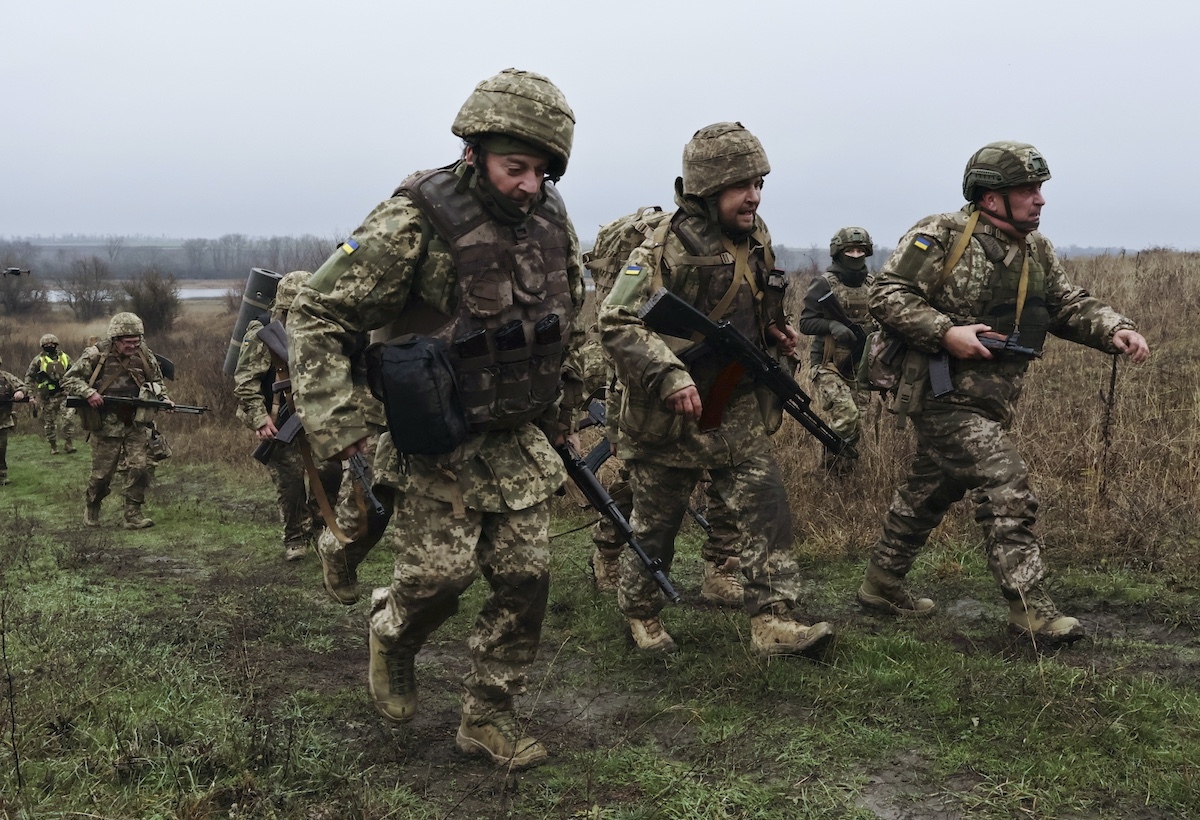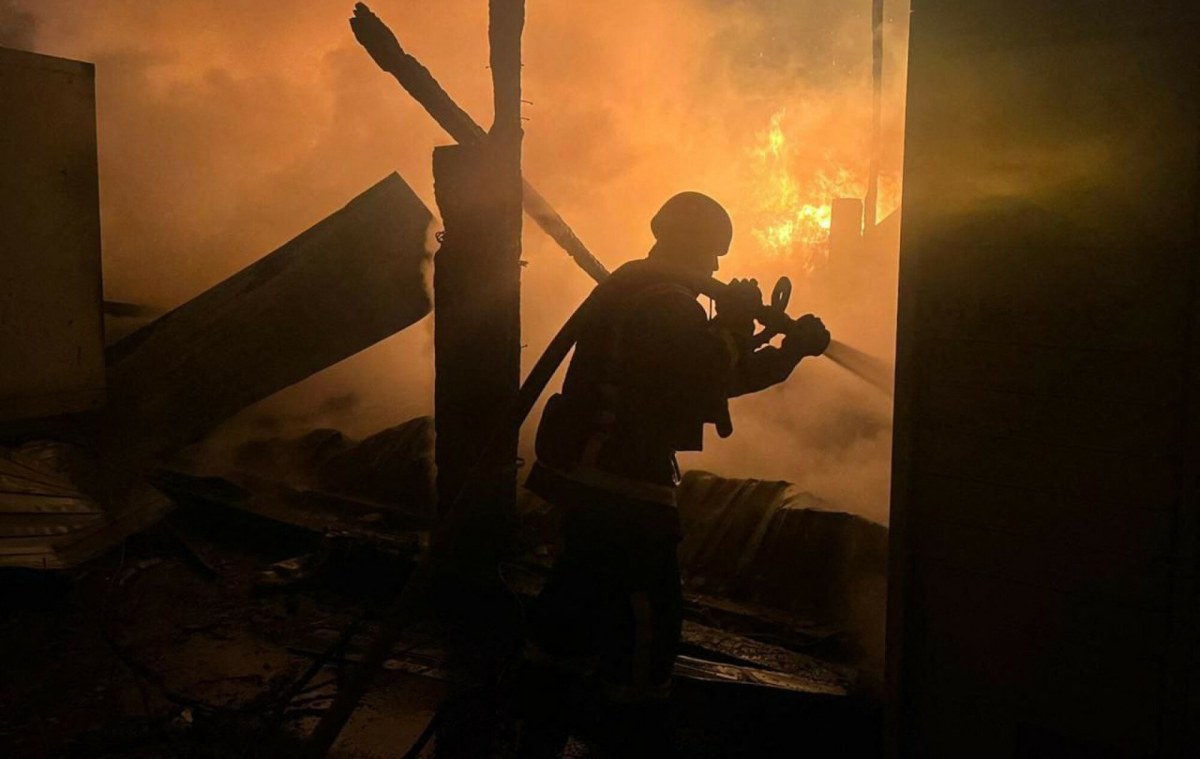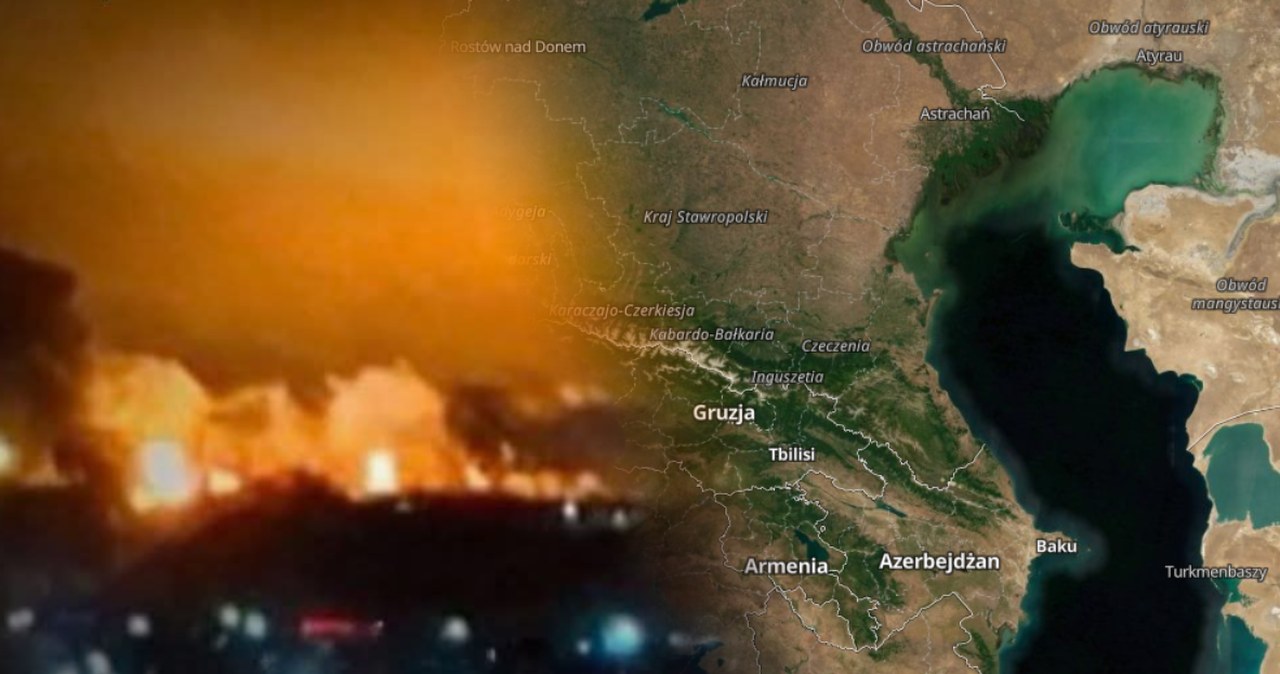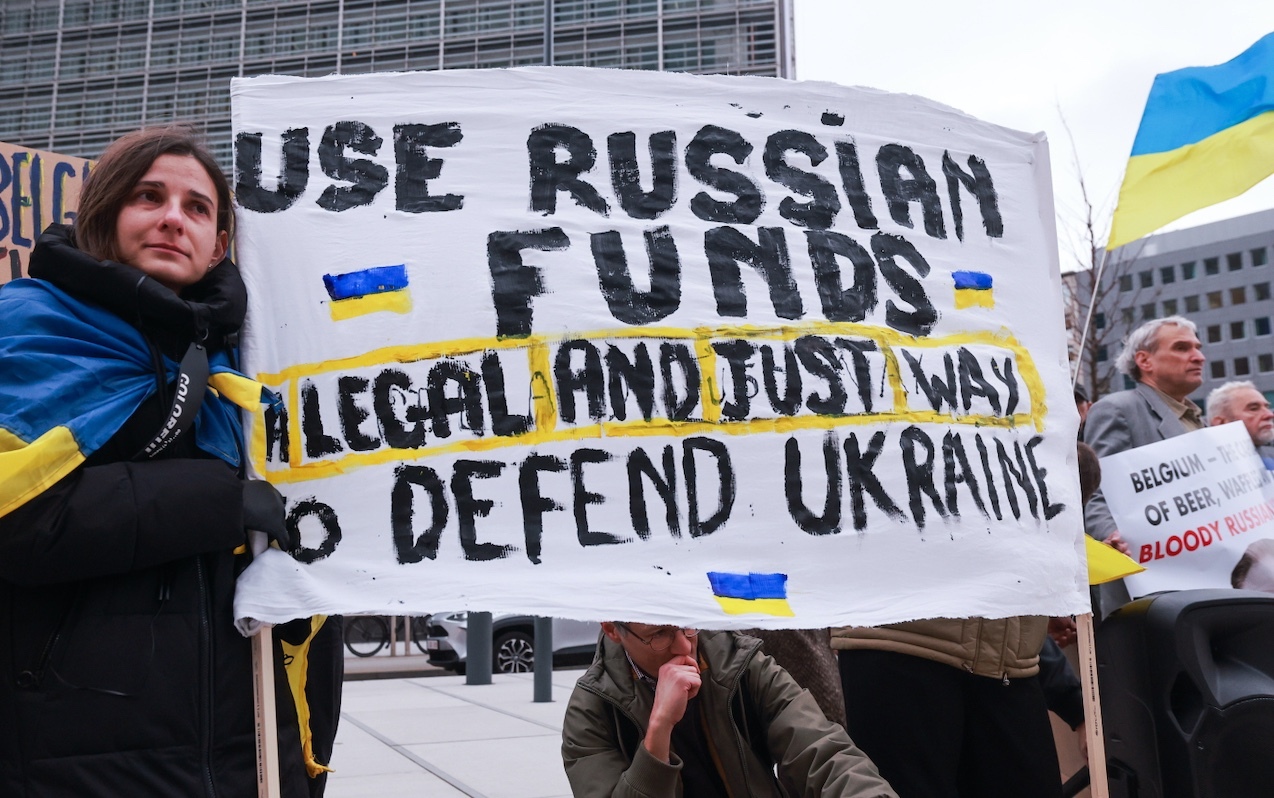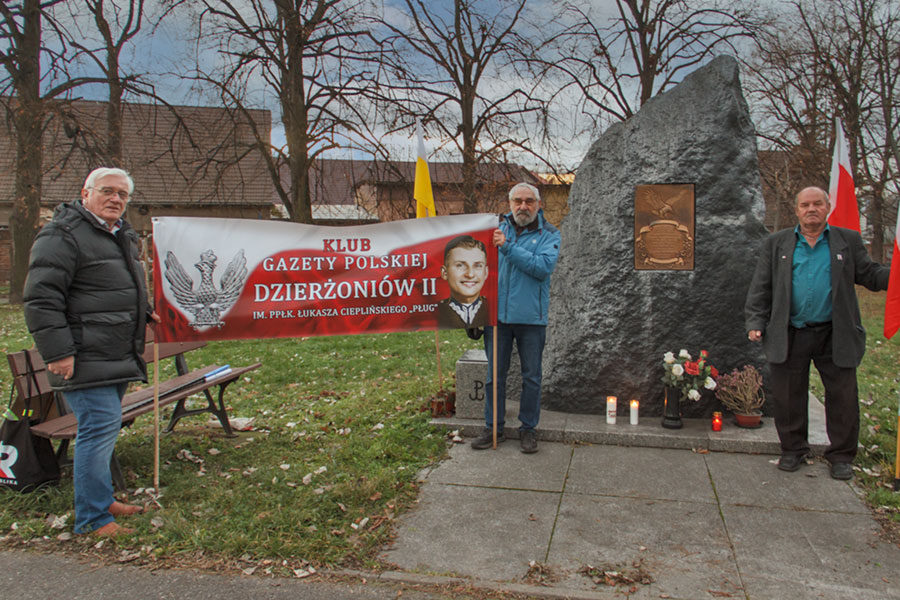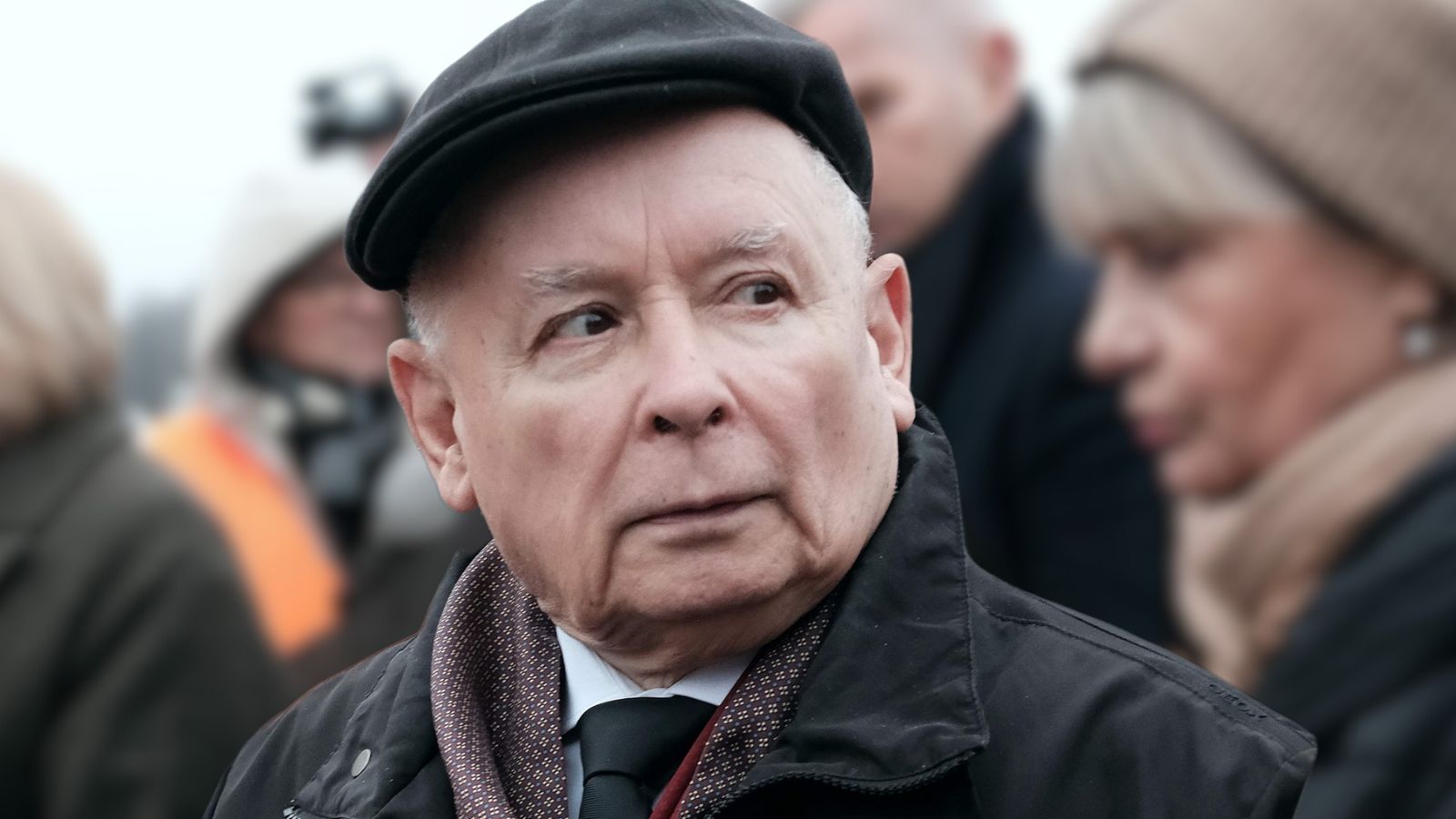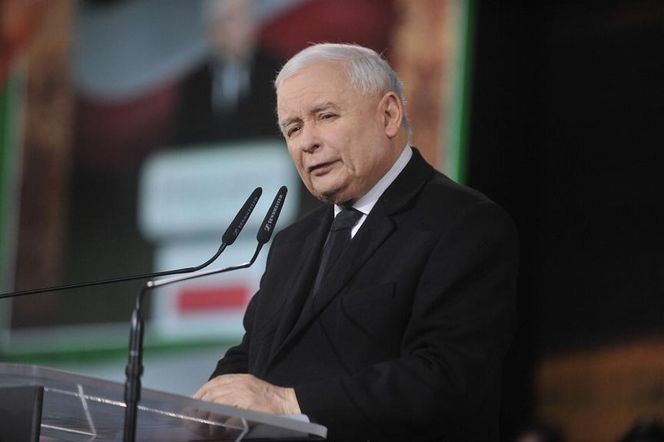Russia will only agree to security guarantees for Ukraine if it has the ability to veto them, Foreign Minister Sergei Lavrov has declared. This represents a fundamental obstacle to peace negotiations despite growing diplomatic pressure for talks.
Lavrov said any attempt to bolster Ukrainian security that did not involve Moscow was a "road to nowhere" and "will not work". He described the position as non-negotiable during a joint news conference with Jordan's foreign minister.
Istanbul framework blueprint
Russia points to the Istanbul framework from 2022 as a potential model for future agreements. Under that draft proposal, Ukraine would have received security guarantees from the five permanent UN Security Council members - China, Russia, the United States, Britain and France.
Ukraine rejected the proposal precisely because it would have given Moscow veto power over its national security decisions. The framework collapsed as Kyiv refused to accept Russian control over its sovereign security arrangements.
According to The Guardian, China has been proposed as a security guarantor alongside Russia, reviving elements from the failed 2022 negotiations. Multiple countries including the Vatican, Switzerland and Hungary have offered to host potential Putin-Zelenskyy meetings.
Trump diplomatic push
Donald Trump hinted on Tuesday that the US could provide air support to a peacekeeping force made up from European militaries. The suggestion comes as the new administration explores ways to broker talks between Moscow and Kyiv.
The Kremlin has already rejected the idea of NATO troops inside Ukraine and is almost certain to oppose Western air forces operating near its borders. Reports suggest Putin views Zelenskyy as illegitimate and questions his authority to sign any agreements.
European resistance
European leaders took a firm stance last week against restricting Ukraine's military cooperation. Sir Keir Starmer and his counterparts stated that "no limitations should be placed on Ukraine's armed forces or its cooperation with third countries."
Lavrov accused European leaders of making "clumsy...unethical" attempts to manipulate Trump into supporting their "aggressive" position on Ukraine. The comments highlight deepening tensions between Russia and European allies over the path forward.
Russia is preparing to raise taxes and cut spending to sustain defence outlays, according to analysis, suggesting Moscow is committed to prolonged conflict rather than meaningful compromise on Ukraine's sovereignty.
Sources used: "PA Media", "The Guardian", "The Telegraph"
Note: This article has been edited with the help of Artificial Intelligence.

